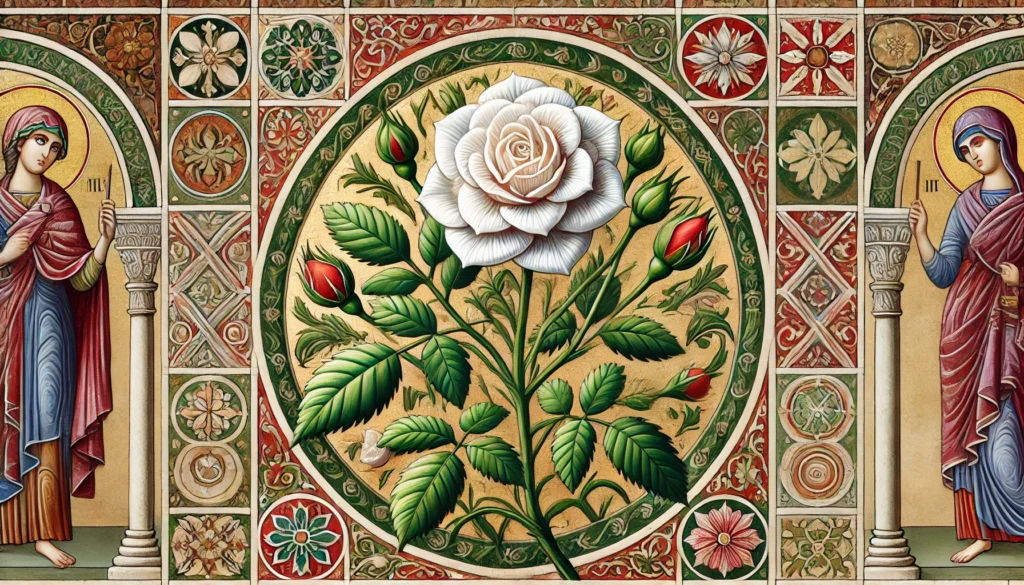

Home » Cat Plants » Could the Christmas Rose Plant Harm Your Cat?

The Christmas Rose, also known as Helleborus niger, is a popular winter-flowering perennial plant. Despite its name, the Christmas Rose is not actually a rose, but rather a member of the buttercup family. While the plant is prized for its beautiful white flowers that bloom in the winter, it is important to note that the Christmas Rose is highly toxic to cats.
The Christmas Rose contains several toxic compounds, including cardiac glycosides, saponins, and protoanemonin, which can cause serious health issues in cats if ingested. The plant is commonly found in gardens and as a houseplant, making it a potential hazard for curious felines.
Ingestion may cause mild gastrointestinal upset, but is generally not life-threatening.
Ingestion can result in mild symptoms like vomiting, diarrhea, or drooling. Rarely fatal but may require veterinary care.
Eating these plants can lead to more pronounced symptoms like abdominal pain, lethargy, or difficulty breathing. Veterinary intervention may be necessary.
Ingesting even small amounts can cause severe symptoms like organ damage, seizures, or cardiac failure without rapid treatment.
All parts of these plants are extremely poisonous to cats and can quickly lead to death, even with immediate veterinary care.
** Please note: Please note that toxicity level can vary based on the amount ingested and the specific cat. It's always best to keep these plants completely inaccessible to cats and seek immediate veterinary care or call the poison hotline if you suspect your cat has ingested any part of a toxic plant.
If a cat ingests any part of the Christmas Rose plant, they may experience a range of symptoms due to the toxic compounds present. These symptoms can include:
If you suspect your cat has ingested any part of a Christmas Rose plant, it is crucial to seek veterinary care immediately.
If you bring your cat to the veterinarian with suspected Christmas Rose poisoning, they will likely follow these steps to diagnose and treat your pet:

A: Yes, cats can be allergic to Christmas Rose. Symptoms of an allergic reaction may include itching, sneezing, and skin irritation.
A: Yes, Christmas Rose, also known as Helleborus niger, is highly toxic to cats. Ingesting any part of this plant can cause severe symptoms and can be fatal if not treated promptly.
A: Symptoms of Christmas Rose poisoning in cats include vomiting, diarrhea, drooling, lethargy, and abdominal pain. Severe cases can result in tremors and seizures. Immediate veterinary care is crucial if ingestion is suspected.
A: To prevent contact, ensure that Christmas Rose is not present in your home or garden. Keep your cat indoors or monitor outdoor activities closely to avoid exposure.
A: If your cat ingests Christmas Rose, contact your veterinarian immediately. Do not induce vomiting unless instructed by a veterinary professional. Immediate medical attention is necessary.
A: Yes, Christmas Rose is commonly found in gardens as an ornamental plant. It is important to ensure this plant is kept out of reach of cats to prevent accidental ingestion.
The Christmas Rose has a rich history dating back to ancient times. In Greek mythology, the plant was associated with the story of a young girl who presented the baby Jesus with a bouquet of white flowers that miraculously appeared in the snow. This legend led to the plant being called the “Christ Herb” or “Christmas Rose.”
In medieval times, the Christmas Rose was believed to have mystical powers and was used in various folklore remedies. The plant was also used as a symbol of hope and renewal during the winter months.
Despite its toxic properties, the Christmas Rose has been used in traditional medicine for centuries. However, due to the potential for serious side effects, it is not recommended for medicinal use today.
Please note: The information shared in this post is for informational purposes only and should not be considered as veterinary medical advice.
🐾 A hilarious or heart-melting cat video
🐾 Our latest paws-on review of a cool cat toy